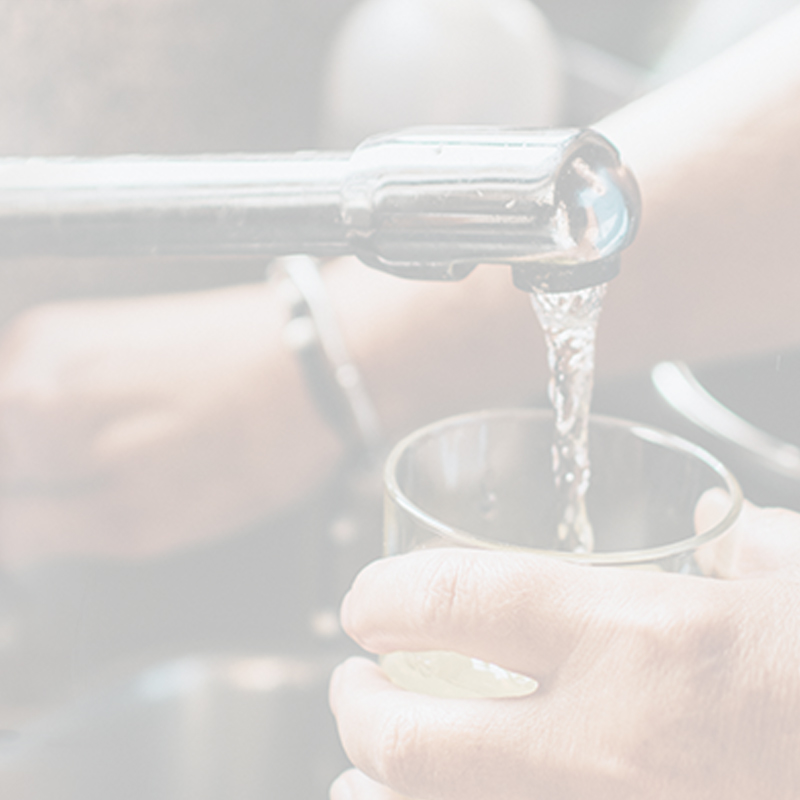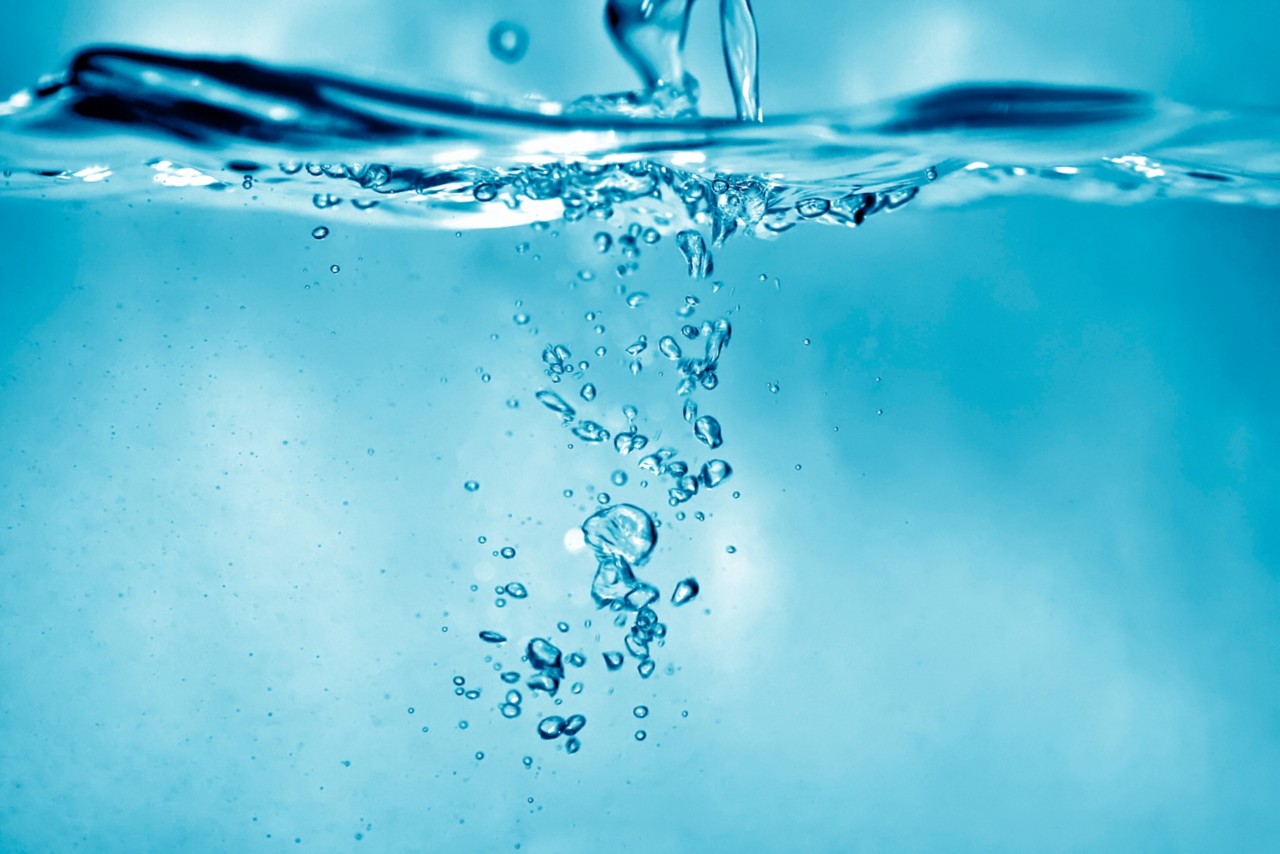Stop Wasting Water and Money. FIND A LOCAL PRO
How to Choose a Home Water Filter
If you’re considering installing a whole house water filtration system for your home, there are several considerations to keep in mind. Keep reading to learn the benefits of a water filtration system and tips for finding the right one for your home.
Why Whole House Water Filters?
Whole house water filtration systems treat all the water flowing into your home. These systems — also known as point-of-entry (POE) systems — connect to your home’s main water supply, meaning all your faucets, showers, washing machines, and other water-using appliances dispense filtered water.
Point-of-entry systems are different from point-of-use (POU) systems, which include products like shower filters and undersink and countertop filters. Wherever you install a point-of-use system, it only treats water in that specific location, not the entire home. With a point-of-entry system, you can rest easy knowing you’re getting a one-stop solution for all your water needs.
Tips to Choose the Best Whole House Water Filter
Getting a whole house water filtration system is an investment, so you want to ensure that you’re getting the right one for your home. Here are some tips to help you narrow down your choices.
Consider the Filter Size You Need for Your Home
Many whole water filtration systems are sized based on the number of bathrooms in your home. Some filtration systems are designed to accommodate homes with 1-3 bathrooms, while others are built to treat homes with 4-6 bathrooms. Knowing the number of bathrooms in your home is usually a quick, easy way to help narrow down your choices and determine the best size for your house.
Find Out the Flow Rate of Your Faucets and Dispensers
Flow rate is the amount of water able to flow through your water dispensers such as faucets, showers, dishwashers, and toilets. It’s important to know the flow rate of your dispensers because if it’s lower than the water filter’s flow rate, there’s a chance of leaking and burst hoses. On the other hand, if the flow rate is higher than the water filter’s flow rate, the water flow may be too weak, potentially causing choking due to air filling.
We are water Experts
Water quality is non-negotiable. To prove it, we've built state-of-the-art water quality labs and filled them with the best and brightest scientists — all so we can provide you with the best water of your life.
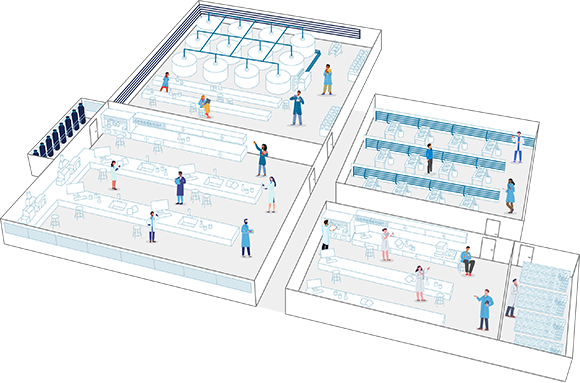
Determine the Purpose for Filtration
Every home is different, especially when it comes to water problems. Your house’s water supply may come from a well, which can present challenges such as water hardness due to groundwater flowing through or over limestone. Or perhaps you get water from your city’s supply, which can be brimming with chlorine that causes your water to taste and smell foul.
These are just some examples of why you may need a whole house water filtration system. Take time to examine your water supply and see if you come across any of these common water issues:
- Discolored, orange, or red water and staining
- Blue or green staining
- Sediment or debris, including salts, soil, and micro rocks
- Rotten egg smell
- Metallic taste
- Yellow staining on kitchenware
- Clogged pipelines
- Rusting faucets
- Patches on bathroom and toilet floors
Seller and Manufacturer Credibility
Whenever you’re looking for a whole house water filtration system, ensure that it’s certified by the National Sanitation Foundation (NSF). When you purchase an NSF-certified product, it means:
- Only FDA-approved raw materials were used to make it
- It passed numerous tests for material safety, design, construction, and performance
- Harmful chemicals won’t contaminate your water
What's in your water?
start here
Worried about your water? Take control with our at-home water test kit. We'll analyze your water and recommend the best filtration or softening solution for your specific needs.
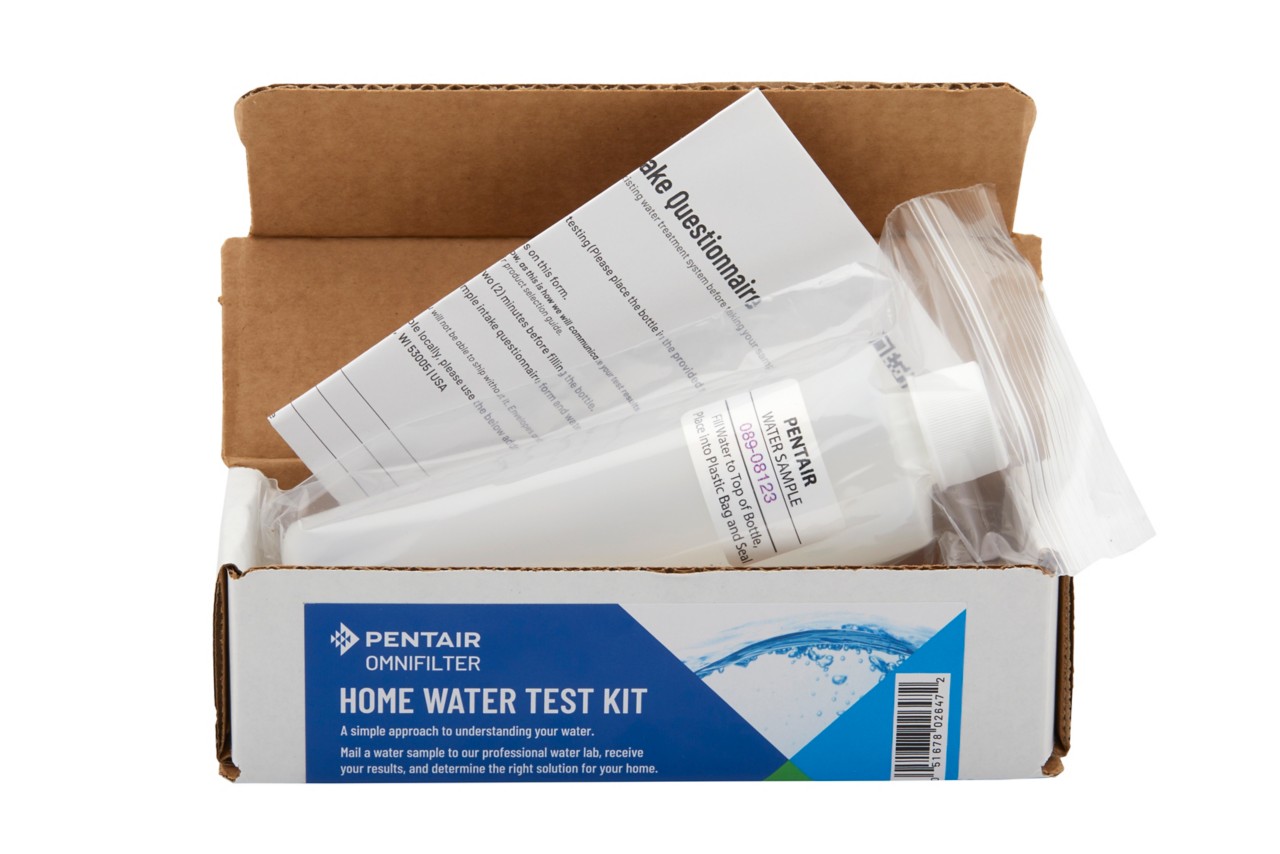
What Kind of Water Filtration System Do I Need?
There are many different types of water filters for your home. Many whole house water systems are designed to reduce up to 97% of chlorine in your water supply. Water softeners can reduce moderate to very hard water to help lessen scale buildup and extend the lifespan of your appliances. Additionally, UV systems may provide fast-acting disinfection without using harmful chemicals. With all these options at your disposal, it can be difficult to know how to choose the best water filter for your home.
The best and easiest way to determine the type of whole house water filtration system you need is to purchase a home water testing kit. It tests for common contaminants found in water, such as chloride, total iron, manganese, water hardness, copper, and more. Our Water Test gives you a clear snapshot of what’s in your water, so you can get the right solution for your home.
Contact us today, and we’ll help you find the right whole house filtration system for your needs.

Water 101
Unleash the secrets of your H2O! Explore where water originates and discover the various water filtration solutions that transform it into drinkable water.
Related Articles

7 Signs You Need a New Water Softener or Filter
In an ideal world, every glass of water you pour….
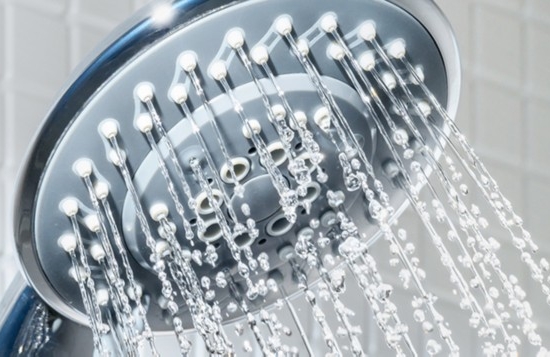
HOW TO CHOOSE THE RIGHT SHOWER FILTER FOR YOUR HOME? IMPORTANT THINGS TO CONSIDER
Dry, itchy skin? Frizzy, damaged hair?…

THE BENEFITS OF COOKING WITH FILTERED WATER
Want to take your cooking to the next level? One often-overlooked…
Disclaimer: The information on this website has not been reviewed by the FDA. Products offered for sale herein are not intended to treat, cure or prevent any disease or health condition. No medical claims are being made or implied. Contaminants mentioned are not necessarily in your water.

